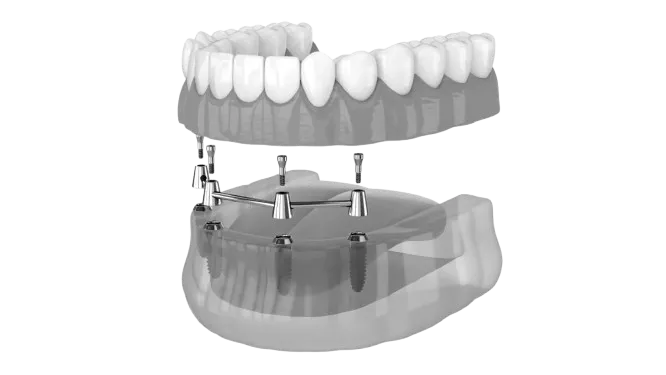Supporting a Parent Through the Dental Implant Process
If your mum or dad is thinking about getting dental implants, it can be a lot to take in. There’s the decision-making, the appointments, the recovery, and the emotional side too. Being part of that journey doesn’t mean having all the answers.
Sometimes, just being there, asking the right questions, and offering a bit of practical help can make all the difference. Keep reading to see how you can step in without stepping on their toes.
Start by Showing Up
The first appointment can feel like a big deal. There’s unfamiliar terminology, treatment options to consider, and sometimes nerves in the background. Offer to go with them if you can. It’s not just about support, but about helping them understand what’s being said and feeling reassured that someone else is paying attention too.
If they haven’t settled on a clinic yet, the New Life Teeth clinic is worth considering. They focus on full-mouth dental implants and take a thorough, personal approach to treatment planning.
Accessibility at New Life Teeth for Patients (Including Disabled Patients)
If your parent has mobility issues, complex medical needs, or anxiety around dental treatment, it’s important to choose a clinic that’s not just skilled, but accessible and supportive. New Life Teeth clinics offer a welcoming experience for disabled patients:
Physical Accessibility
- All clinics feature:
- Wheelchair access, including adapted toilets
- Step-free entrances
- Disabled parking
- Easy access via public transport
- Patient bathrooms designed for ease of use
Support for Complex Needs
- New Life Teeth treat people who’ve been told elsewhere that they’re “not suitable” for implants—including those with severe bone loss or medical complications.
- Their techniques aim to reduce the need for bone grafts, which can be less physically demanding for people with additional health issues.
Comfort, Care, and Communication
- Sedation is available and commonly used, helping reduce anxiety and pain—especially useful for people with sensory sensitivities or complex health needs.
- They also offer:
- A supportive welcome team
- A private patient app for emotional and practical guidance
- Detailed aftercare and check-ins—especially helpful if your parent needs reassurance or follow-up reminders.
Things to Consider
- While clinics offer many inclusive features, if your parent needs specific accommodations like quiet waiting rooms or in-chair wheelchair transfers, it’s best to call ahead. Staff are very open to adapting the experience wherever possible.
Choice of Implant: Help Them Make Sense of the Options
Implants aren’t one-size-fits-all. Your parents might hear words like all on 6 and all on 4 dental implants options, as well as Zygomatic or Pterygoid implants, and immediately feel lost. If you’ve done some reading beforehand, you can help explain things clearly and simply.

For instance, All on 4 is a technique that secures a full set of teeth using just four implants, making it quicker and often less invasive. Zygomatic implants are an option if there’s not enough bone in the upper jaw. Explaining things in plain terms helps your parents feel less overwhelmed and more in control of their choices.
Be There on the Day
The day of surgery might be met with silence, nerves, or even a bit of stubbornness. Be kind, not forceful. Offer to drive them, wait during the procedure, and get them home safely. Make sure they have what they need at home, soft foods, any prescribed medications, and a calm place to rest.
They might not say it out loud, but having you near for the first 24 to 48 hours will likely mean a lot.
Keep an Eye on Aftercare
After treatment, daily care matters. Even with a long-lasting Zirconia bridge like the Prettau, your parents need to brush gently, avoid hard foods early on, and attend check-ups. If anything feels unusual, encourage them to contact the clinic. These small habits help protect their implant and keep things on track.
Listen More Than You Speak
There might be moments when your parents say something out of frustration or fear. They might feel embarrassed or self-conscious about needing implants in the first place. Try not to jump in with solutions. Just let them speak.
Sometimes the best support comes from silence, followed by simple encouragement. Reassure them that they’ve made a sensible choice, and let them move at their own pace.
A Quiet Kind of Support
You don’t need to understand every clinical detail to be a good support. What matters is being patient, present, and willing to help when asked. Whether it’s arranging transport, making soft meals, or just being a calm voice in the room, it all counts.